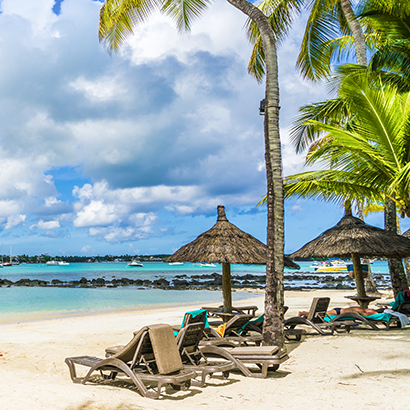
Resort, Hospitality, and Leisure
Our experienced resort, hospitality, and leisure lawyers represent clients in complicated, large-scale, urban and resort hotel projects throughout North and South America, Asia, Europe, the Middle East and North Africa (MENA), and Australia.
We have decades of experience helping our clients understand and deal with the business and legal issues that command their attention. We use our knowledge and experience to ensure our clients protect themselves from current risks and are positioned appropriately for future success.
We provide a broad range of services that range from the investment, financing, and development of projects through all of the legal issues presented in the course of hotel or resort operations. Our clients include developers, investors, lenders, construction companies, management companies and franchisors, and operators and franchisees.
Our resort, hospitality, and leisure lawyers provide counsel in a variety of areas, including:
- Financing
- Reorganization and bankruptcy
- Matters related to mixed-use luxury resorts and urban communities
- Casinos and gaming
- Pro-development legislation and planning standards
- Hotel law
- Golf law
Thought Leadership
On 30 January 2024, the US Citizenship and Immigration Services (USCIS) published a final rule (Final Rule) increasing the premium processing fee from US$2,500 to US$2,805, increasing filing fees for I-129 and I-140 employment-based petitions, and imposing a new Asylum Program Fee for each Form I-129 and I-140 filed by employers.
On 3 April 2024, the US Securities and Exchange Commission announced the first settlement with a stand-alone registered investment adviser for, among other things, failures to maintain and preserve certain electronic communications.
On 22 December 2020, the U.S. Securities and Exchange Commission (SEC) adopted amendments (the final rule) to Rule 206(4)-1 under the Investment Advisers Act of 1940 (the Advisers Act) to modernize the regulation of investment adviser advertising and solicitation practices.
On 7 March 2024, the Illinois Pollution Control Board proposed amendments to its Ground Water Quality regulations, which would set standards for selected per- and polyfluoroalkyl substances compounds at or near their levels of detection and would result in some of the most stringent standards in the country.

